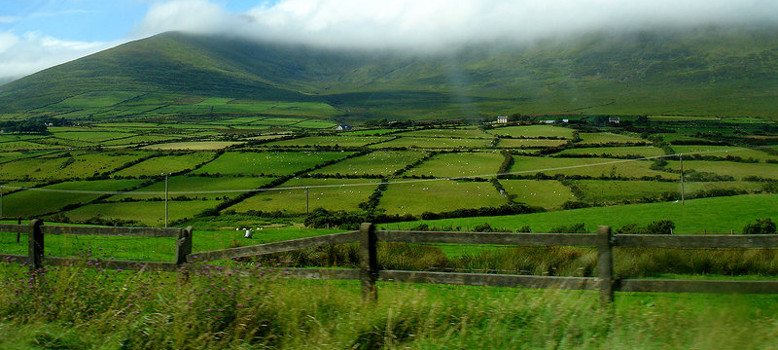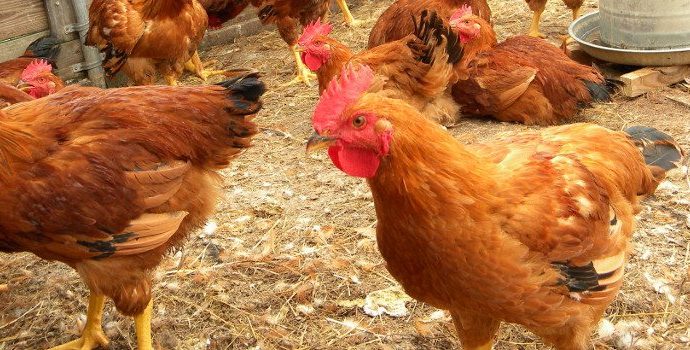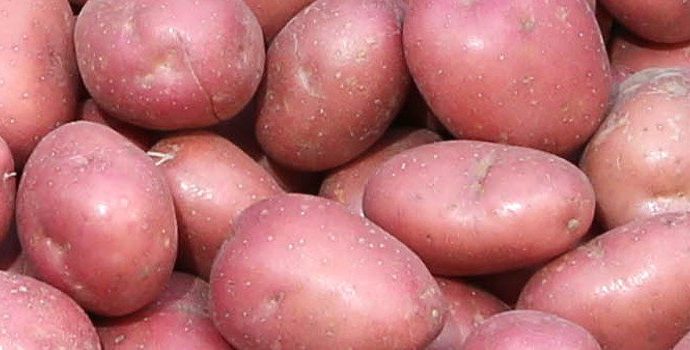IFA Calls for Full Consultation with Landowners and Maximum Use of State Lands on Dublin to Galway Greenway

IFA Environment and Rural Affairs Chairman Thomas Cooney has called on the Department of Transport to rethink its approach to the development of the proposed Dublin to Galway Greenway and to put farmers’ concerns at the centre of any future development.
In a submission to the Department of Transport, IFA identified the following key measures that must be delivered to ensure that the rights of landowners impacted by this proposed Greenway are safeguarded:
- Landowners and IFA must be consulted in advance of route selection and publication of a defined route corridor.
- All efforts must be made to secure voluntary agreements with landowners. There should be no threat of the compulsory acquisition of land.
- The integrity of farm holdings must be protected by limiting the impact of a proposed Greenway on individual farms. This should be achieved by engaging with local landowners at route designing stage and it must take place in advance of wider public consultation.
- All efforts must be made to use available public lands, before seeking to encroach on farmers’ lands.
- A code of practice must be developed, which sets out the rights and entitlements of landowners.
- The services of a professional agronomist must be provided to each landowner impacted to assist in understanding and resolving concerns, at no cost to the landowners.
- Any losses incurred such as exclusion from farm schemes and impact on basic payment must be fully compensated.
- Local authorities and other delivery agencies must hold community clinics throughout the development of each project, to address queries and concerns and a Project Liaison Officer must be appointed to each project.
- Any landowners impacted by Greenways must be indemnified against any potential claims arising or associated with such Greenway projects.
- All health and safety concerns, including and most importantly farm security must be adequately addressed.
Thomas Cooney said, “While Greenways have an important role to play in promoting agri-tourism and economic activity in rural areas, the simple reality is that they will also have a significant impact on farming activity. All efforts must be made to engage with, listen to and address the concerns of farm families impacted.”
Concluding he said, “All options, including a more collaborative approach such as adopted successfully in the Walks Schemes should be considered. These schemes provide local employment and contribute to a significant level of economic activity in rural areas.”




